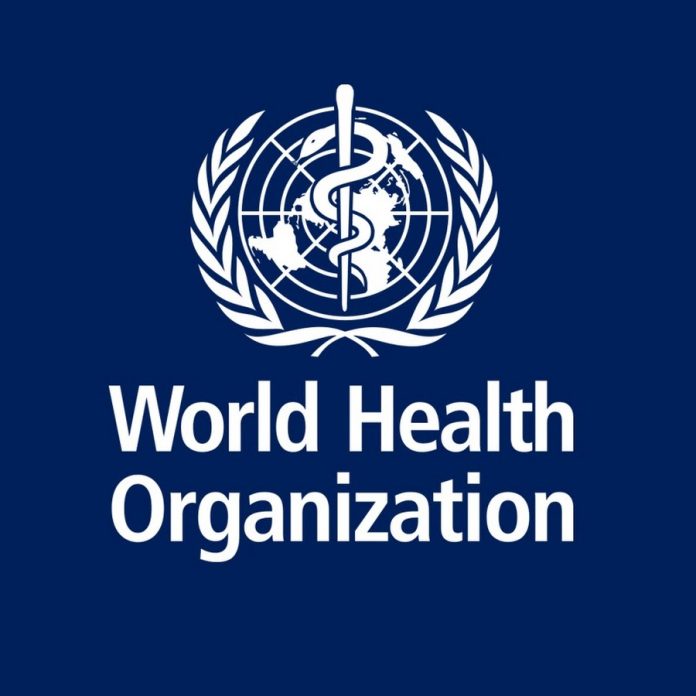The World Health Organisation (WHO) has raised concerns over significant disruptions to health services globally, attributing the impacts to recent cuts in donor funding.
According to a new report published on its website, 70 per cent of WHO country offices have observed major disruptions caused by reductions in Official Development Assistance (ODA) for health.
The findings, based on a rapid assessment carried out in March and April 2025 across 108 WHO country offices, primarily in lower-middle-income countries, highlight the severe impact of funding cuts. WHO has emphasised that these disruptions pose serious threats to the functioning of global health systems, requiring immediate international attention.
The report reveals that the reductions in ODA are affecting all critical health system functions. Health emergency preparedness and response are the most impacted, with 70 per cent of countries reporting difficulties.
Other areas severely affected include public health surveillance, service provision, humanitarian aid, and the health and care workforce.
Furthermore, the cuts are forcing individuals to pay more out-of-pocket for healthcare in several countries. About 24 per cent of responses indicated that budget constraints are directly shifting healthcare costs onto patients, particularly the poor and vulnerable, who are at a higher risk of being left behind. The report compares the current disruptions to those seen during the peak of the COVID-19 pandemic in certain regions. Key impacts include health emergency preparedness and response (70 per cent), public health surveillance (66 per cent), service provision (58 per cent), humanitarian aid (56 per cent), and the health and care workforce (54 per cent).
Health services are being disrupted across the board in at least one-third of responding countries. Significant disruptions have been reported in outbreak detection and response, malaria, HIV, Tuberculosis, sexually transmitted infections, family planning, and maternal and child health services. “The pause in ODA has led to job losses for health and care workers in over half of responding countries, with significant disruptions to training,” the report noted.
Information systems are also severely impacted, with over 40 per cent of countries experiencing disruptions in key systems such as collaborative surveillance and emergency systems, health management information systems, disease-specific reporting systems, lab information systems, and household/population surveys.
Additionally, a recent UN report warned that cuts to global health aid could reverse progress in reducing maternal deaths. In January, US President Donald Trump signed an executive order withdrawing the country from the WHO, citing political influence within the agency. He also paused all foreign aid assistance, a move that has adversely affected most health programmes in developing countries, including Nigeria.


